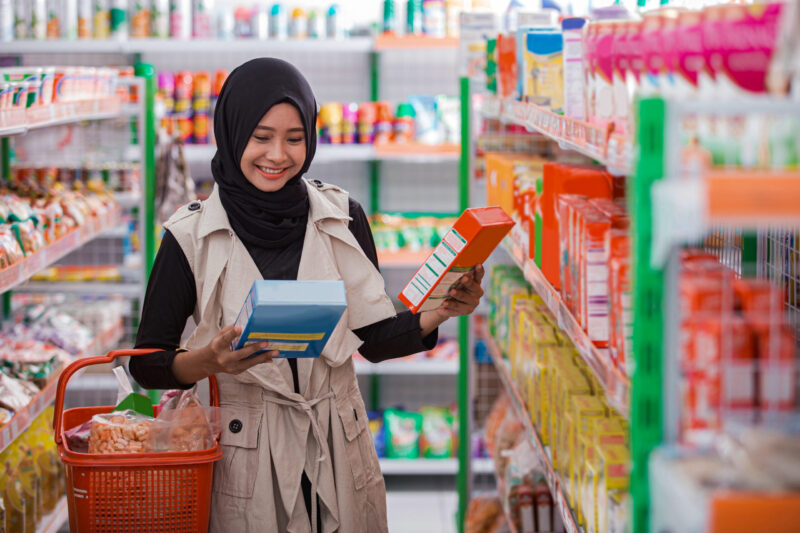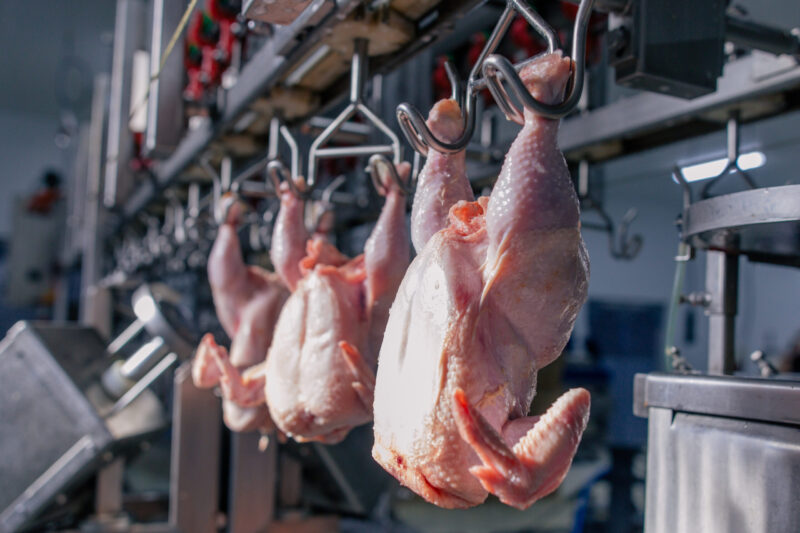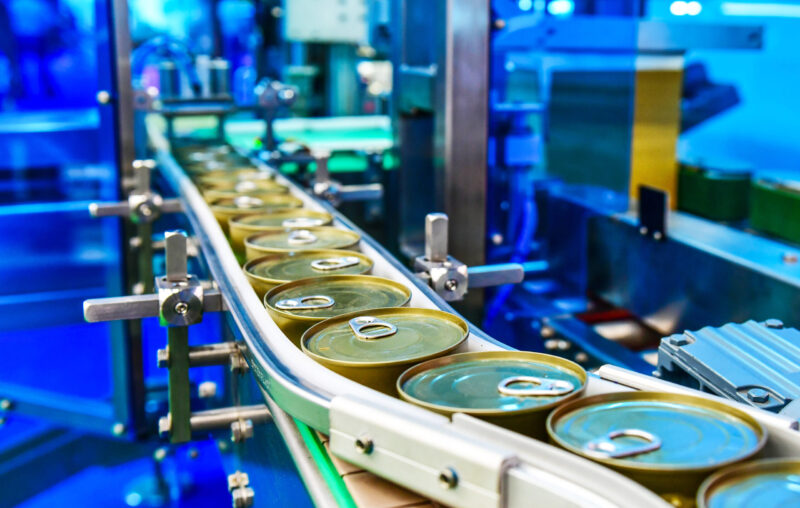
This site
is mobile
responsive

Validating Halal Awareness and Practices
‘Halal’ is an Arabic term which means ‘permissible’ or ‘lawful’ in Islam. It embodies universal values that are good and wholesome, including sustainability in health restoration, care for animals and the environment, fair trade and ethical consumerism.
Malaysia is a lucrative halal hub and the segment contributes almost 10 per cent of its gross domestic product (GDP). The halal sector coexists with and enhances a wide range of industries including retail food and beverages (F&B), food manufacturing, pharmaceuticals, banking, finance and travel. This has drawn much attention to Malaysia from international communities especially in Muslim-majority countries.
The Department of Islamic Development Malaysia (JAKIM) governs halal-related affairs in Malaysia with special regard for halal certification. As international acceptance of JAKIM’s halal certification continues to grow, Malaysian-made halal products and services have steadily risen in renowned quality worldwide.
At the Forefront of the Global Halal Economy
Halal food exports in global markets are expected to reach USD3 trillion (RM13.3 trillion) by 2027, from USD2 trillion in 2021, according to the ‘Halal Food Market: Global Industry Trends, Share, Size, Growth, Opportunity and Forecast 2022-2027’ report by Business Wire. This growth is supported by the expanding global Muslim market which accounts for 24% of the world’s population equivalent to 1.9 billion people in 2022.
Major halal food product segments include meat, poultry and processed seafood, processed fruits and vegetables, dairy products, cereal and grains, oil and fats, and confectionery. Asia Pacific leads markets with strong demand for halal products, followed by the Middle East, Africa, Europe, North America and Latin America.
Global food and ingredient brands rapidly expand their presence in Asia, including Malaysia, which houses over 300 companies producing international F&B brands. In addition, Malaysia is the first country to assign a government agency to regulate its halal matters and certification in the global halal market. As a result, it continues to gain worldwide confidence and acceptance of halal food products produced locally.
With a headstart in building a well-structured halal regulation and ecosystem, the JAKIM and Halal Development Corporation Berhad (HDC) have been entrusted to lead this dynamic sector. The two agencies carry out this task through a vast pool of knowledgeable talent that offer practical solutions while improving mechanisms and infrastructure in applying and conforming with Malaysia’s Halal Industry Master Plan 2030.
Engaging MIDA and Relevant Stakeholders
As the principal government agency in attracting investments into Malaysia, the Malaysian Investment Development Authority (MIDA) has been advocating for Malaysia’s vibrant food manufacturing industry to lead the global halal market.
To start with, manufacturing companies with shareholders’ funds of RM2.5 million and above or engaging 75 or more full-time paid employees are eligible to apply for a Manufacturing Licence through MIDA. This approval is necessary for further facilitation by Federal and State Agencies (i.e. Customs, the Health Ministry, Immigration and State Authorities) in addition to adhering to international certifications or requirements of food safety and exports as good food production and security practices are streamlined. Furthermore, these safety standards and certifications are increasingly warranted through companies’ requirements of Environment, Sustainability and Governance (ESG) adaptability towards the United Nations’ 17 Sustainable Development Goals (UN SDGs).
In 2005, Malaysia introduced the Halal Incentive under the Promotion of Investments Act, 1986 for halal food production. Since then, MIDA has facilitated 16 food manufacturing projects amounting to RM1.5 billion in investments with the dedicated halal incentive. As a result, production operations which require the utilisation of state-of-the-art machinery and processes created 1,946 food tech job opportunities in ‘ready-to-eat’ (RTE) products, bakery products, frozen food products, confectionery products, instant noodles, snack foods and processed poultry products.
MIDA continues to encourage manufacturing companies to invest in halal food manufacturing, producing high-quality halal products using modern and state-of-the-art machinery and equipment. Such projects could be considered for Investment Tax Allowance (ITA) of 100% of qualifying capital expenditure incurred within a period of five (5) years; to offset against 100% of the statutory income in the years of assessment.

Any high-tech machinery and equipment would need to be verified by the Malaysian Agricultural Research and Development Institute (MARDI) to ensure the highest hygiene and food safety standards and operations. MARDI is the leading government agency that specialises in food technology development.
The definition of ‘modern or state-of-the-art machinery or technology’ for this tax incentive purpose refers to the machinery/equipment being an automated machinery/equipment that contributes to minimal physical handling of food materials, high focus on cleanliness and food safety as well as productivity enhancement.
In addition, the machinery/equipment adopts technology that is at par or more advanced than the existing technology currently being used by the industry. Another criteria is that the machinery/equipment adopts technology that is at par or more advanced than the current technology available with regards to its functions.
Halal food manufacturers are required to obtain halal certification from JAKIM for all of their products manufactured within the facility.
Malaysia’s additional provisions for halal projects is facilitated by HDC which develops and manages 14 halal parks across various states in Malaysia. HDC handholds companies to obtain the required ethics certification and talent programmes while at the same time facilitating special tax incentives for eligible projects set up in these dedicated halal parks. These include halal park operators, halal industry players, and halal logistics operators.
Malaysia’s strategic location and business-friendly policies have made the country an ideal investment destination attracting global players such as Coca-Cola, Nestle, Hershey, Tyson Foods and Paris Baguette. The Malaysian halal landscape is conducive for multinational corporations (MNCs) to grow their businesses regionally and globally.
MIDA continues to attract high-value halal food players who support the National Investment Aspirations (NIA) by utilising new technologies, while creating new job opportunities for local talent and offering collaborative options to local vendors.
To learn more about investment opportunities within the halal food industry, please contact the Food Technology and Resource-Based Industries Division MIDA.
